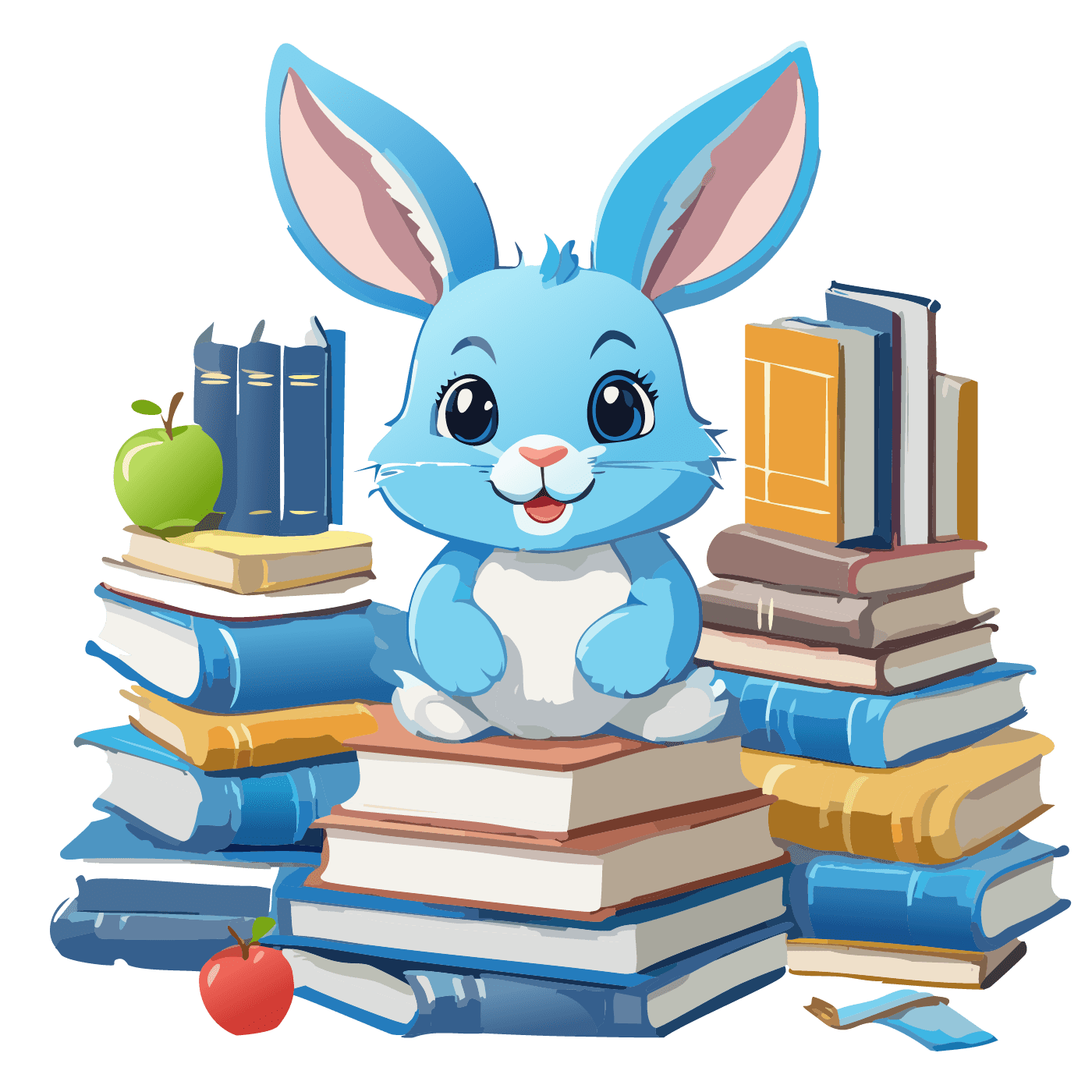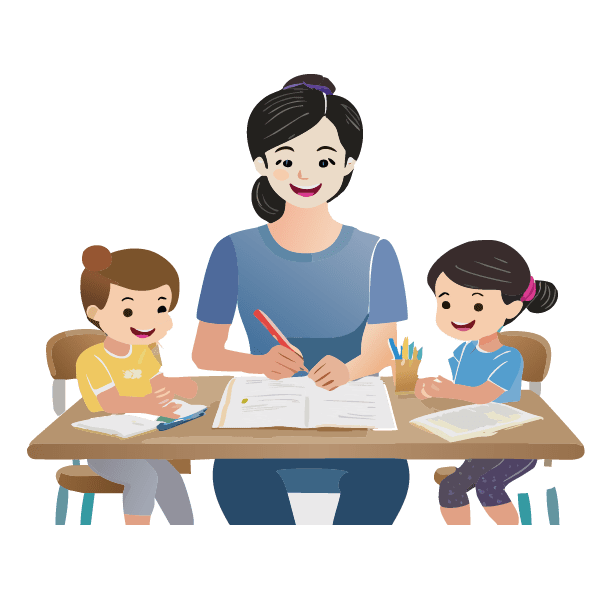Attention Deficit Hyperactivity Disorder (ADHD)
ADHD (Attention Deficit Hyperactivity Disorder) is a common neurodevelopmental disorder that affects children and adults. It involves ongoing inattention, hyperactivity, and impulsivity patterns that can disrupt daily life and vary in severity.

October is ADHD Awareness Month
The goal of ADHD Awareness Month is to correct misunderstandings about ADHD and highlight the shared experiences of the ADHD community. Help the CDC raise ADHD awareness, encourage inclusion, and connect people to support services. Get more information at ADHD Awareness.
What is Attention Deficit Hyperactivity Disorder?
ADHD stands for Attention Deficit Hyperactivity Disorder. It is a common neurodevelopmental disorder that affects both children and adults. ADHD is characterized by persistent patterns of inattention, hyperactivity, and impulsivity that can interfere with daily functioning and quality of life. It is a complex condition with a range of symptoms and severity.
Educational Tips
Communication
- Give frequent feedback and attention to positive behavior.
- Be sensitive to the influence of ADHD on emotions, such as self-esteem issues or difficulty regulating feelings.
- Provide extra warnings before transitions and routine changes.
- Understand that children with ADHD may become deeply absorbed in activities that interest them (hyper-focus) and may need extra assistance shifting their attention.
Tasks and Assignments
- Make assignments clear — check to see if they understand what they must do.
- Provide choices to show mastery (for example, let the student choose between a written essay, oral report, online quiz, or hands-on projects).
- Do not make assignments long and repetitive. Shorter assignments that provide a little challenge without being too hard may work well.
- Allow breaks since paying attention requires extra effort and can be tiring.
- Allow time to move and exercise.
- Minimize distractions in your educational environment.
- Be resourceful and efficient by using organizational tools.

Feifer Assessment of Writing
The Feifer Assessment of Writing (FAW), designed by Steven Feifer, is a comprehensive tool for assessing the cognitive, linguistic, and motor skills associated with writing...
What is Assistive Technology?
Assistive technology (AT) refers to devices, software, or equipment designed to help individuals with disabilities perform tasks that might otherwise be difficult or...
What is a 504 Plan?
A 504 Plan is a formal plan developed in the U.S. to provide accommodations and modifications for students with disabilities in public schools and ensure equal access to...
What is an IEP?
An Individualized Education Program (IEP) is a written plan developed for public school students eligible for special education services in the U.S. under the Individuals...
Successfully Homeschooling with Children with Special Needs
Homeschooling children with learning disabilities, such as ADHD, Sensory Processing Disorder (SPD), autism, or other learning differences, requires a tailored approach that...
Managing Your ADHD to Homeschool
Managing ADHD involves strategies targeting different aspects of life to improve focus, organization, and emotional regulation. These are all critical aspects of managing...
Organizational Therapy and ADHD
Organizational therapy for individuals with ADHD (Attention-Deficit/Hyperactivity Disorder) is a targeted approach to help them develop skills and strategies to manage the...
Seven Tips for Managing ADHD and Homeschooling
Managing ADHD through behavioral strategies in a homeschooling environment can be challenging but also offers unique opportunities to tailor learning to a child's needs....
Classroom Management Methods for ADHD
Classroom management methods ADHD (Attention Deficit Hyperactivity Disorder) students require tailored strategies to address their unique needs. It involves creating an...
Homeschooling ADHD Children
Most children generate a little chaos and disorganization. Yours might flit from one thing to the next — forgetting assignments, leaving items on the floor, and failing to...
Behavioral Therapy for ADHD
Once a child has been diagnosed with ADHD, the process for treatment begins. Often, treatment is a combination of behavioral therapy, including specialized training for...
ADHD Individuals Summarized
ADHD individuals can significantly impact various aspects of a person's life, including their education. Here are some key considerations regarding ADHD and education:...

